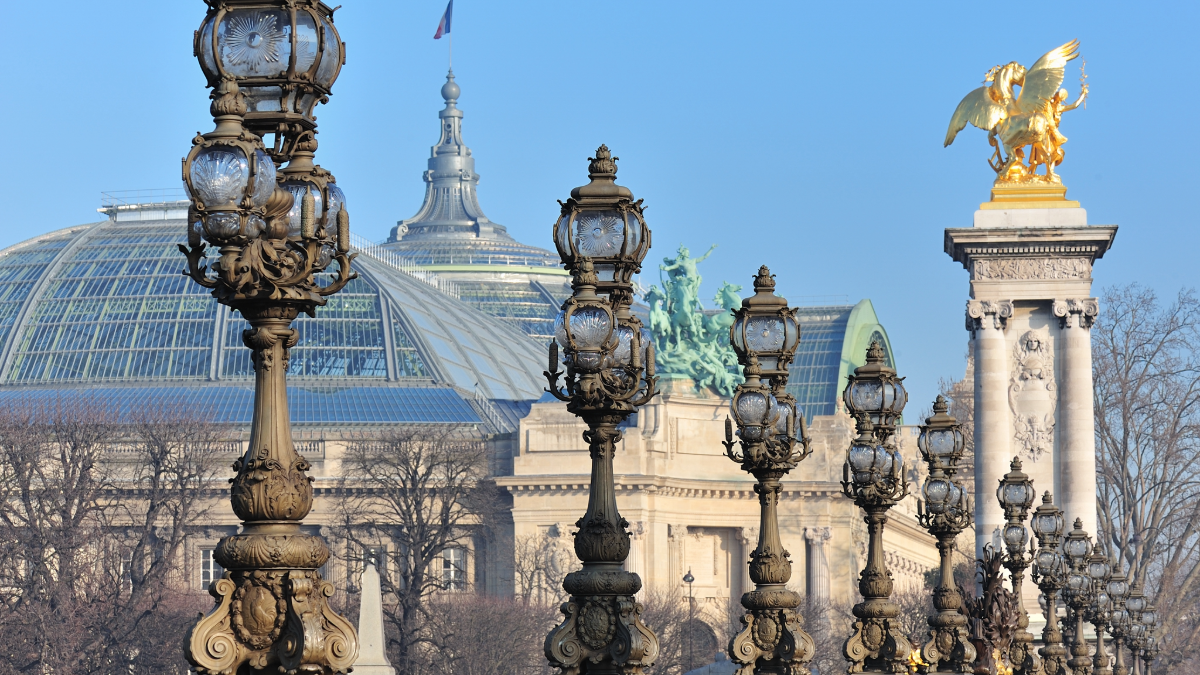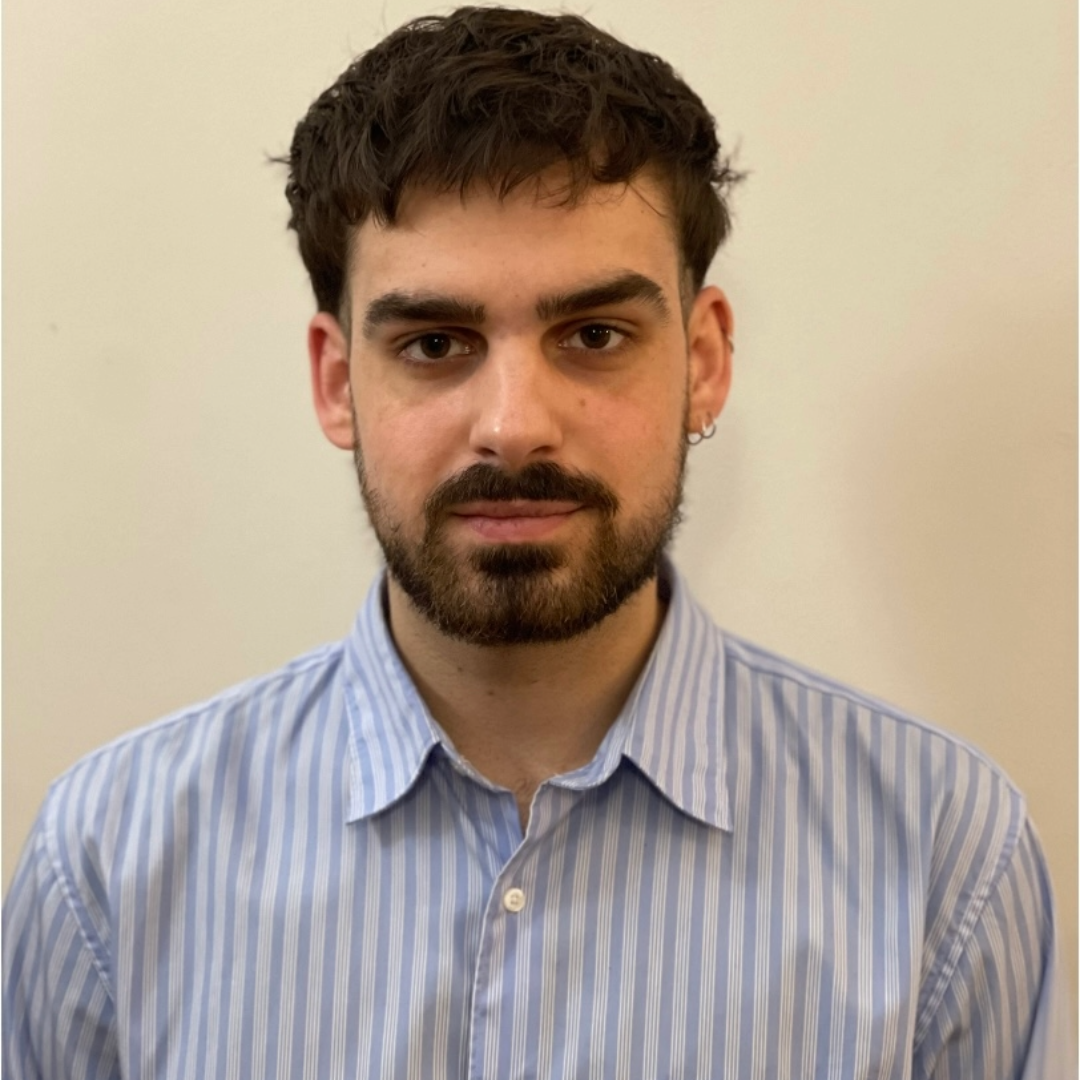From Safety To Action: The Upcoming French AI Summit
Hugo Neuillé / Feb 5, 2025
The Grand Palais, site of the Paris AI Summit, seen from Pont Alexandre III. Eric Pouhier/Wikimedia CC BY-SA 4.0
On February 10 - 11, France will host the AI Action Summit, gathering government officials, executives, and representatives for NGOs and civil society organizations in Paris. French President Emmanuel Macron hopes to use the summit to promote French leadership on AI in Europe and internationally. Thus, the summit is a good occasion to take a closer look at France's strategy on AI and its ambitions in a competitive global technology and policy environment.
The Inflation Of AI Policy Gatherings
The Paris AI Action Summit is the third of a series of events that kicked off in Bletchley Park in the UK in November 2023. That gathering drew representatives from 28 countries, including the US, China, and leaders of the EU. The focus was on tackling the risks of AI and promoting a human-centric, trustworthy development of this technology. All members agreed on ratifying the Bletchley declaration, calling for international cooperation to address the risks posed by frontier models, the risks of malicious use of publicly available models by criminal organizations, and the potential existential risks of AI.
With splashy production values, the Bletchley Park summit billed itself as “ground-breaking” and succeeded in putting AI safety in the spotlight. Notably, the UK announced the creation of its AI Safety Institute, the first of several such institutes to crop up across the world. Right before the summit, former President Joe Biden signed his Executive Order on the Safe, Secure, and Trustworthy Development and Use of Artificial Intelligence (now rescinded by President Donald Trump), which outlined safety objectives for the US government. A few months later, in February 2024, Biden announced the creation of the US AI Safety Institute as part of the National Institute of Standards and Technology with the mission of mitigating "the risks of advanced AI systems so that [the US] can harness the enormous potential of this breakthrough technology." The discussions also fed the work of EU policymakers enacting the EU AI Act.
South Korea hosted the second summit in Seoul in May 2024. Despite a lower attendance and reach than Bletchley Park, significant announcements were made in Seoul. Japan, South Korea, and Canada launched AI safety institutes, and the EU announced its AI Office would join the international network of AI safety institutes.
What direction for the 2025 French Summit?
Right after the Seoul Summit, France announced its ambition to host the next gathering in Paris. Being the first EU member state to host is notable since the European Union represents a major driver of technological standardization at the global scale. The EU AI Act marked a significant step toward a standard policy framework for regulating AI, making the Union a natural hub for those discussions.
However, some concerns have emerged within the AI safety community following France's decision to rebrand the upcoming "AI Safety Summit" as the "AI Action Summit." This renaming signals a shift toward a growth-oriented agenda and a broader focus beyond safety concerns, raising questions about the event's priorities. In a recent interview with the Washington AI Network Podcast, Anne Bouverot, France's special envoy on AI, addressed these concerns directly. She explained,
Safety, we also think, has a tendency to focus on the risks and, therefore, sort of prevent people from being on the front foot. So yes, we wanted something else, but the ‘action’ part is because, after two summits, you do want to tell people that you're not just meeting to meet.
This shift is further reflected in the official agenda, which outlines an expanded scope with five key areas of focus: (1) Public Interest AI, (2) Future of Work, (3) Innovation and Culture, (4) Trust in AI, and (5) Global AI Governance. While the "Trust in AI" theme continues the important discussions initiated at the Bletchley Park and Seoul summits, it is no longer the central pillar of the event. Instead, the agenda highlights a deliberate attempt to broaden the conversation, addressing challenges and opportunities across multiple AI development and deployment dimensions.
For instance, the "Public Interest AI" and "Innovation and Culture" themes emphasize the importance of opening the AI ecosystem to new stakeholders, including governments and innovators from regions outside the dominant US-China tech axis. This move could reshape the competitive landscape by fostering greater inclusivity and reducing the concentration of AI capabilities in a handful of major players.
Equally significant is the inclusion of "Global AI Governance," a theme that hints at efforts to bridge the perceived divide between regulatory frameworks and technological innovation. This marks a notable evolution in global AI discourse, as it reflects a desire among some governments to emphasize that governance and innovation are not inherently adversarial but can be mutually reinforcing if the right structures are developed, as I highlighted in a previous piece on Tech Policy Press.
The French AI Strategy, With Everything On It
France's decision to broaden the themes of the AI Action Summit and orient it towards “action” reflects a deliberate and strategic approach to asserting its position on the global stage. This move is part of a more considerable effort to strengthen France's independence from significant powers while enhancing its credibility with European partners. In digital policy, France has sought to strike a delicate balance, leveraging US leadership in key technologies such as semiconductors while maintaining open cooperation channels with China and other emerging powers.
This dual approach is evident in the summit's structure, with India serving as a co-chair to elevate the role of emerging nations in shaping future AI initiatives. France's commitment to inclusivity in AI governance was also demonstrated in May 2024, when it issued a joint declaration with China addressing safety and existential risks in AI, signaling an openness to collaborate even with non-Western actors on shared challenges.
At the same time, France tries to remain attractive to US investors, critical partners in its efforts to nurture domestic technology champions. While France is not a global leader in the AI race, it aims to position itself as a credible player, as evidenced by the rise of Mistral AI. Recently valued at over $6 billion, Mistral AI has gained recognition for developing state-of-the-art models and is at the forefront of France's ambitions in AI. Additionally, Mistral supports open-source models to provide an alternative to US leaders like OpenAI. The recent panic around DeepSeeks’s model might signal increased interest in more frugal, open-source models in the future, which could reinforce Mistral’s position.
However, sustaining such national champions will require sustained cooperation with the US to secure access to cutting-edge technologies and funding. Notably, France benefits from a privileged position in the recently issued US AI Diffusion Framework, which places it in the top tier of countries exempt from export controls on semiconductors. This new US policy ensures unrestricted access to critical US chip technology to a restricted list of nations, underscoring the importance of this transatlantic partnership in advancing France's AI objectives.
This goal of remaining competitive in the technological race became particularly salient during the debates around the EU AI Act, with France pushing back on some provisions proposed by its European partners. The argument was made that the direction taken by the EU AI Act could be lethal for Mistral AI and other promising European companies. France, Germany, and Italy attempted to loosen the regulation to avoid stifling innovation. Until the last minute, France has been tensing up its European partners by weakening the AI Act before finally voting in favor after pushing for amendments aligning with its vision. As chance would have it, the first provisions of the Act are enforced less than two weeks before the summit, on Feb 2nd.
France's approach reflects President Macron's "en même temps" (at the same time) doctrine, which seeks to reconcile conflicting visions. At the same time, France positions itself as Europe's spokesperson but risks undermining the AI Act's regulatory framework to meet its interests. It champions inclusive cooperation with emerging powers but simultaneously strengthens its alignment with the US as its key AI trade partner. It takes a leadership role in AI safety initiatives but uses the same platform to emphasize innovation and competitiveness.
This strategy has the potential to yield significant benefits, but it also risks diluting the progress made by the prior summits. A significant challenge will be securing agreement on shared principles between the US and China, as seen in Bletchley Park in 2023. This feat remains uncertain, particularly given the US's recent shift in priorities under the Trump administration and China's absence at the last event in Seoul. As France just announced on Feb 3rd the creation of the equivalent of an AI Safety Institute (INESIA), it will be interesting to see if other nations follow the dynamic.
The AI Action Summit presents a significant moment to assess the evolving landscape of global AI governance. As the new Trump administration asserts its priorities, particularly in its rivalry with China, and model capabilities continue to advance amid mounting global instability, the stakes for international collaboration in this field have never been higher. The summit's outcomes will undoubtedly hint at geopolitical developments in the years to come. One can only hope the AI safety community remains a steady guiding force, ensuring innovation progresses with some measure of responsibility and foresight.
Authors
